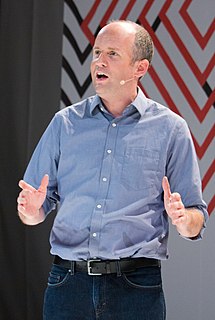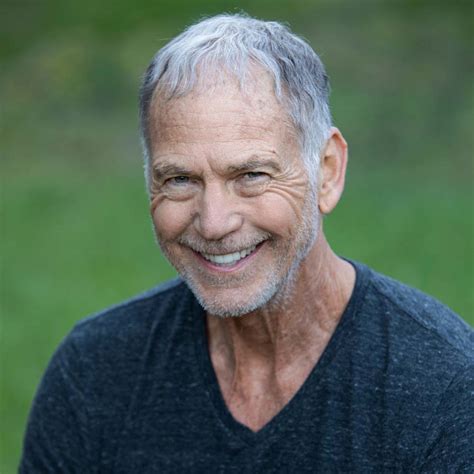A Quote by John Stuart Mill
Ask yourself whether you are happy and you cease to be so. The only chance is to treat not happiness, but some end external to it, as the purpose of life.
Related Quotes
Lenten practices of giving up pleasures are good reminders that the purpose of life is not pleasure. The purpose of life is to attain to perfect life, all truth and undying ecstatic love - which is the definition of God. In pursuing that goal we find happiness. Pleasure is not the purpose of anything; pleasure is a by-product resulting from doing something that is good. One of the best ways to get happiness and pleasure out of life is to ask ourselves, 'How can I please God?' and, 'Why am I not better?' It is the pleasure-seeker who is bored, for all pleasures diminish with repetition.
To gain your heart's desire you have to lose some part of your old life, your old self. To do that you have to have courage; without it, you can't make the leap. And if you don't make the leap you have only three choices: You can hate yourself for not taking the chance, you can hate the person from whom you've sacrificed your happiness, or you can hate the one who offered you happiness, and blame them for your lack of courage, convince yourself it wasn't real.
When I look at what the world does and where people nowadays believe they can find happiness, I am not sure that that is true happiness. The happiness of these ordinary people seems to consist in slavishly imitating the majority, as if this were their only choice. And yet they all believe they are happy. I cannot decide whether that is happiness or not. Is there such a thing as happiness?
Until you have the inner discipline that brings calmness of mind, external facilities and conditions will never bring the joy and happiness you seek. On the other hand, if you possess this inner quality, calmness of mind, a degree of stability within, even if you lack the various external factors that you would normally require to be happy, it will still be possible to live a happy and joyful life.
Happiness, whether consisting in pleasure or virtue, or both, is more often found with those who are highly cultivated in their minds and in their character, and have only a moderate share of external goods, than among those who possess external goods to a useless extent but are deficient in higher qualities.
Your life does matter. It always matters whether you reach out in friendship or lash out in anger. It always matters whether you live with compassion and awareness or whether you succumb to distractions and trivia. It always matters how you treat other people, how you treat animals, and how you treat yourself. It always matters what you do. It always matters what you say. And it always matters what you eat.






































